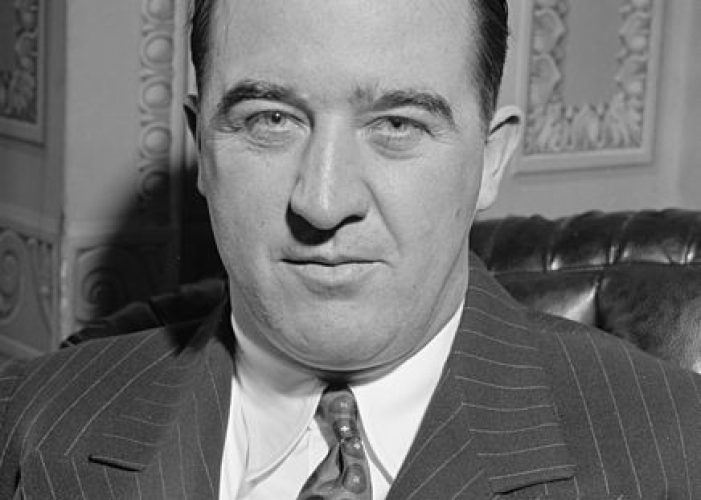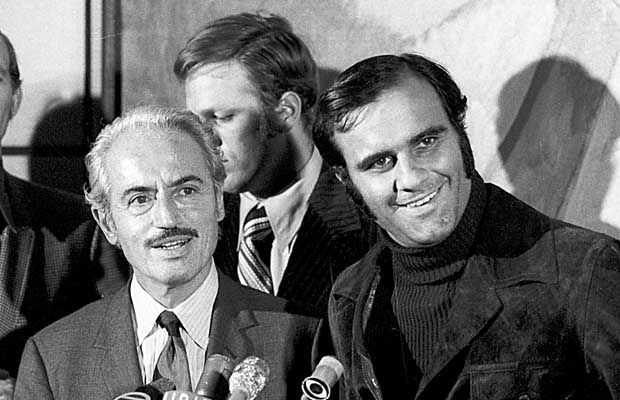Happy Chandler announces the creation of a pension plan for players
On February 1, 1947, Commissioner A.B. “Happy” Chandler announces the creation of a pension plan for American and National League players. Players who have accumulated five seasons in the major leagues will receive $50 a month starting at the age of 50. For each year of additional service, a player will receive an extra $10 per month, up to a maximum of $100.
This pension plan marked a crucial development in the history of professional baseball, as it aimed to provide financial security for retired players. Before this initiative, players had little to no formal support once their playing careers ended. The pension plan was designed to address this issue and ensure that players could enjoy a measure of financial stability in their retirement years.
Under the terms of the pension plan, players became eligible for benefits after completing at least five years of service in the Major Leagues. The amount of the pension was based on the player’s years of service, with those who had longer and more distinguished careers receiving higher benefits. The plan included provisions for disability benefits as well.
Commissioner Chandler’s announcement was a significant step forward in recognizing the contributions and sacrifices of baseball players. It set a precedent for other professional sports leagues to establish similar pension plans, ultimately leading to a broader recognition of the importance of providing financial support for athletes after their playing days were over.
The introduction of the pension plan represented a milestone in the relationship between players and the league, addressing a longstanding need for player welfare and contributing to the evolution of professional sports as a whole.






